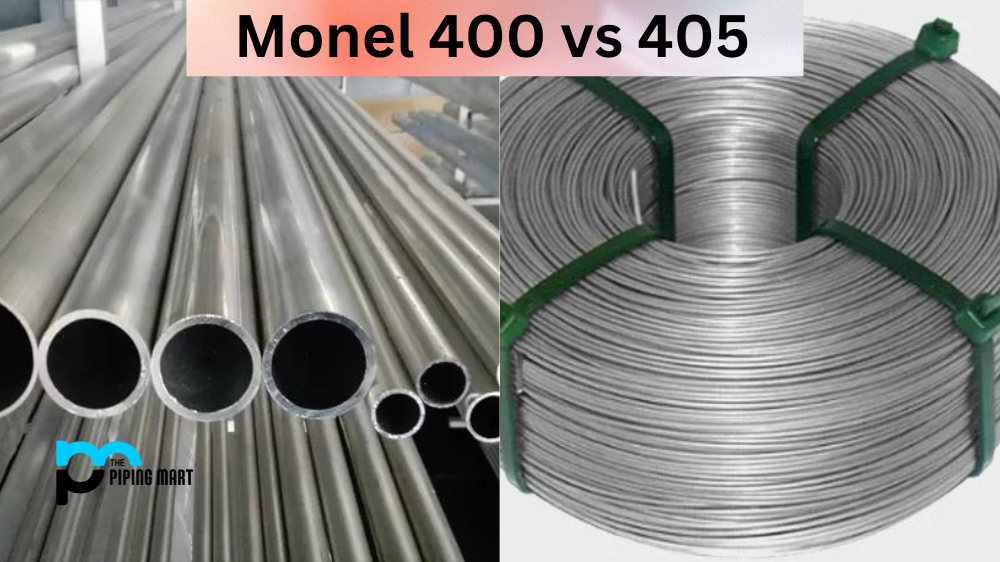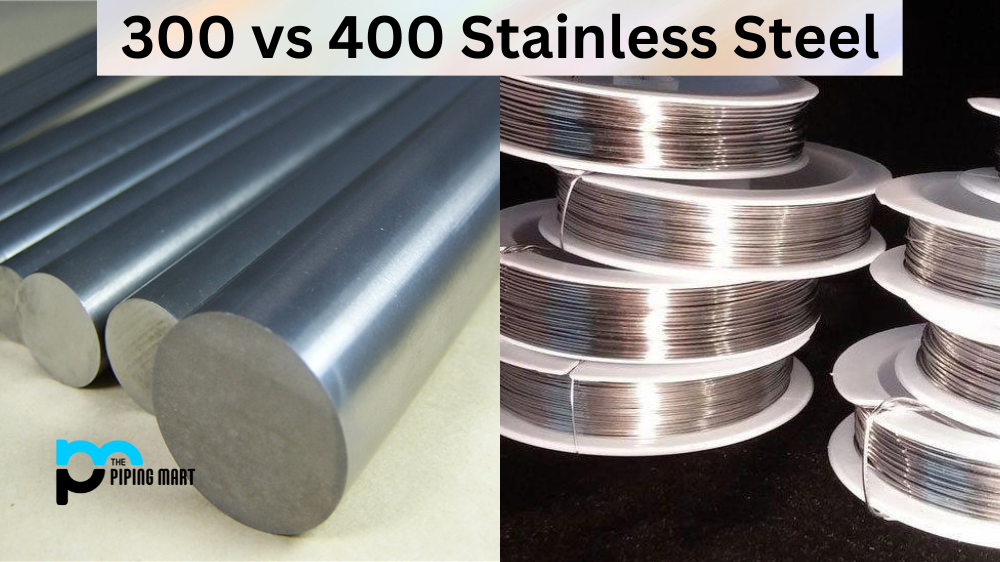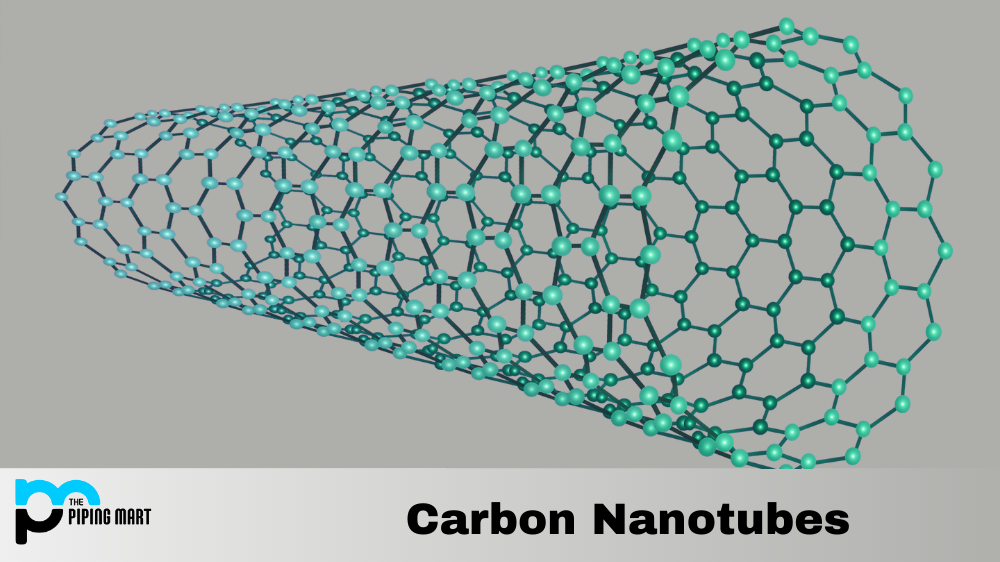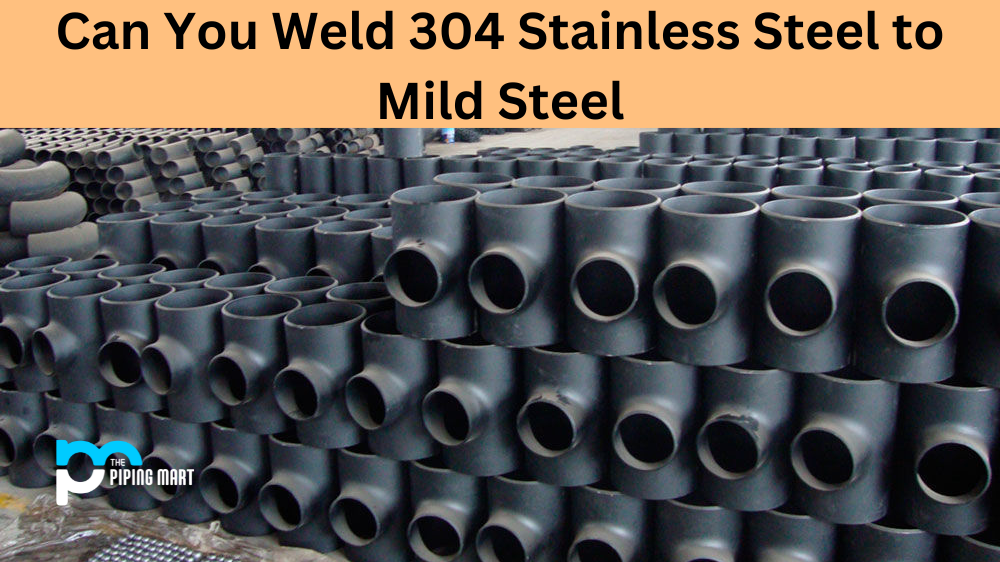When finding the best alloy for a specific application, knowing what differentiates one alloy from another is essential. Monel 400 and Monel 405 are popular options among the many nickel-copper alloys. They’re both known for their exceptional corrosion resistance, strength, and durability. But the differences between Monel 400 and 405 can impact their suitability for various applications. In this blog post, we’ll delve into the comparisons between Monel 400 and 405 and help you decide which is unbeatable.
What is Monel 400?
Monel 400 is an alloy that is composed of nickel and copper. It is known for its high strength and resistance to corrosion.
What is Monel 405?
Monel 405 is an alloy composed of nickel, copper, and iron. It is known for its high corrosion resistance and ability to withstand high temperatures.
Differences between Monel 400 and 405
The main difference between Monel 400 and 405 is that Monel 400 has a higher resistance to corrosion than Monel 405. Additionally, Monel 400 can withstand higher temperatures than Monel 405.
Chemical Composition
Monel 400 and 405 are nickel-copper alloys but differ slightly in their composition. Monel 400 has a composition of 67% nickel, 23% copper, and small amounts of iron, manganese, carbon, and silicon. On the other hand, Monel 405 has a slightly higher copper content of 28%, with additions of iron and silicon. The difference in chemical composition gives Monel 405 increased corrosion resistance in stagnant or low-velocity seawater.
Corrosion Resistance
The major strength of both Monel 400 and 405 alloys is their excellent corrosion resistance. Both alloys are resistant to acids, alkalis, and other corrosive media. Monel 400 has exceptional resistance to seawater, hydrofluoric, and sulfuric acids, while Monel 405 possesses superior resistance to sulfuric acid up to 70% concentration. However, when exposed to a more potent oxidizing environment, such as nitric acid, Monel 405 fares better due to its higher copper content.
Mechanical Properties
Monel 400 and 405 share similar mechanical properties. They’re both exceptionally strong and durable, making them suitable for high-stress applications and environments with fluctuating temperatures. Monel 405, however, has a slightly lower tensile strength and yield strength than Monel 400 due to its higher copper content. Overall, both alloys are easy to form, weld, and machine.
Heat Treatment
Monel 400 and 405 alloys are subject to annealing, increasing their flexibility and workability. However, Monel 405 fares slightly better than Monel 400 regarding thermal conductivity and weldability. Monel 405 can withstand the heat from welding without cracking, while welded sections of Monel 400 require post-weld annealing to restore their strength.
Which alloy is better for use in high-temperature environments?
Monel 400 is better suited for use in high-temperature environments than Monel 405. This is due to its higher resistance to corrosion at high temperatures.
Which alloy is better for use in corrosive environments?
Monel 400 is better suited for use in corrosive environments than Monel 405. This is due to its higher corrosion resistance overall.
Which alloy should be used in applications requiring high temperature and corrosion resistance?
Monel 400 should be used in applications requiring high temperature and corrosion resistance. This is due to its superior properties in both areas.
What are the disadvantages of each alloy?
The main disadvantage of Monel 400 is that it is more expensive than Monel 405. The main disadvantage of Monel 405 is that it has a lower resistance to corrosion than Monel 400.
Which alloy would you recommend for use in a particular application?
The choice of which alloy to use should be based on the application’s specific requirements. If cost is a major concern, then Monel 405 may be the better choice. If the high temperature or corrosion resistance are major concerns, then Monel 400 should be used instead.
Conclusion
In conclusion, the choice between Monel 400 and 405 depends on specific application requirements and environmental factors. Monel 400 is generally more versatile, with excellent seawater, acids, and alkalis resistance. Monel 405, on the other hand, has superior resistance to sulfuric acid and is a better choice for high-sulfur environments. Ultimately, both Monel 400 and 405 alloys possess impressive qualities of exceptional corrosion resistance, mechanical strength, and durability, making them popular nickel-copper alloys for various applications.
Sakshee is a talented blogger, with a particular focus on the Business and Metal Industry. She is passionate about sharing her insights on various metal products and helping professionals to make a better decisions.




